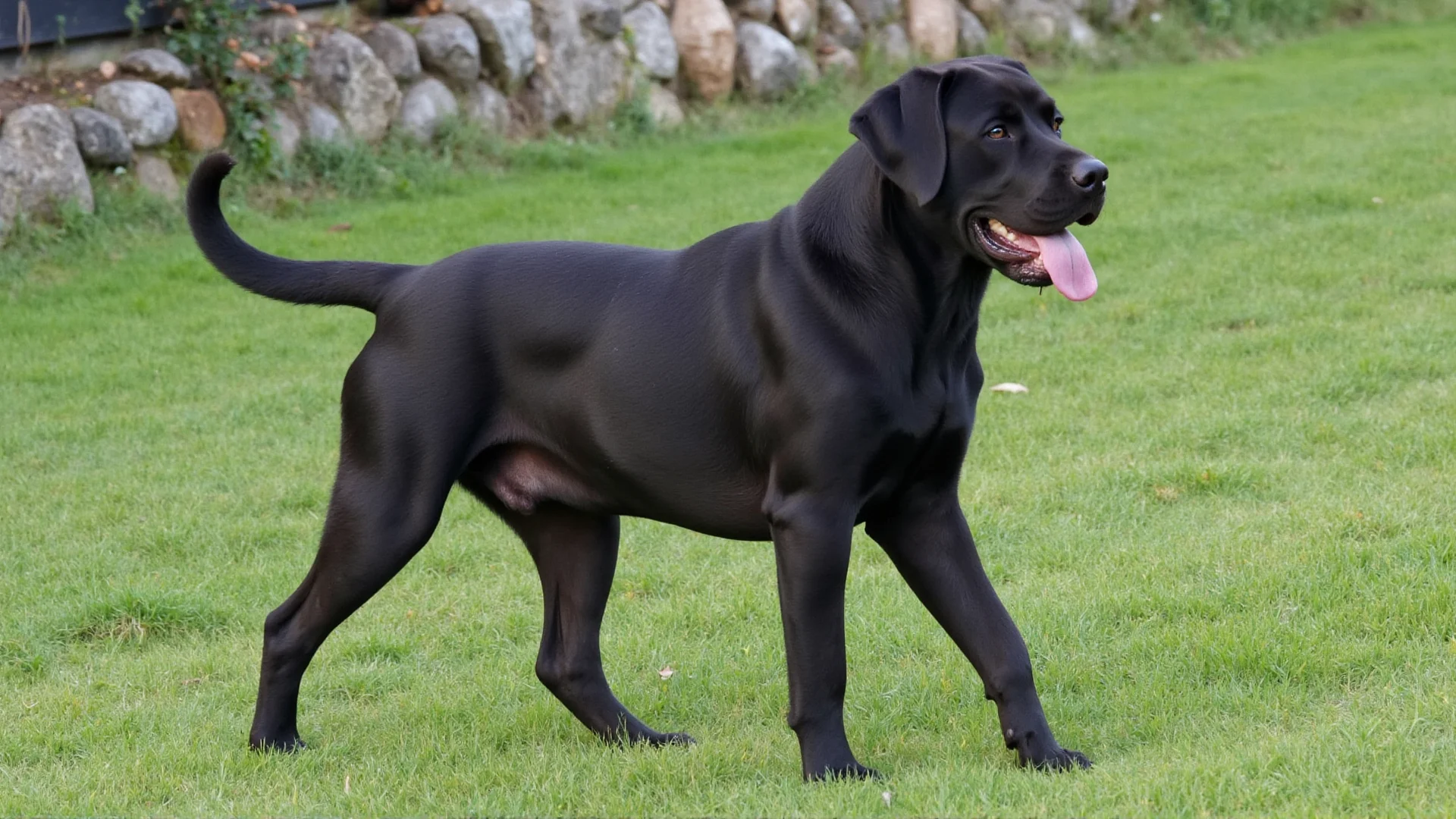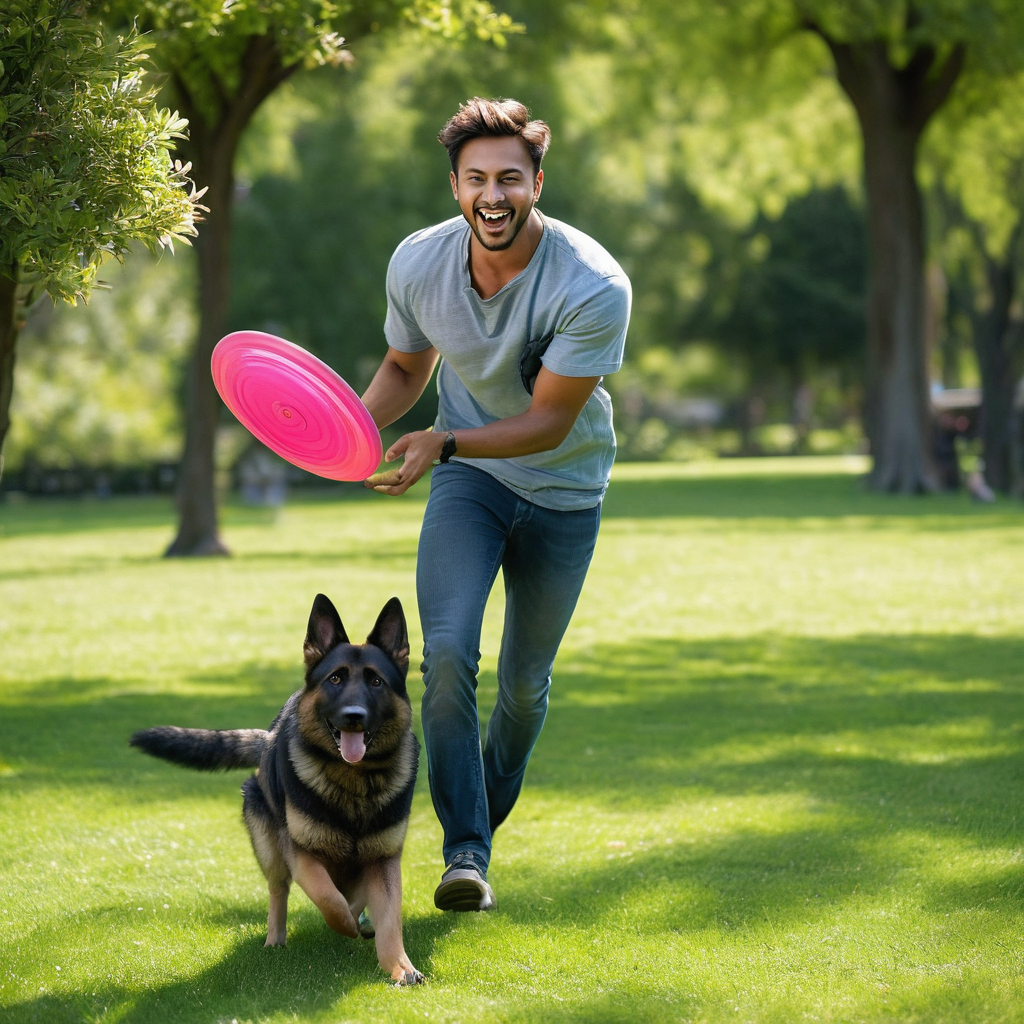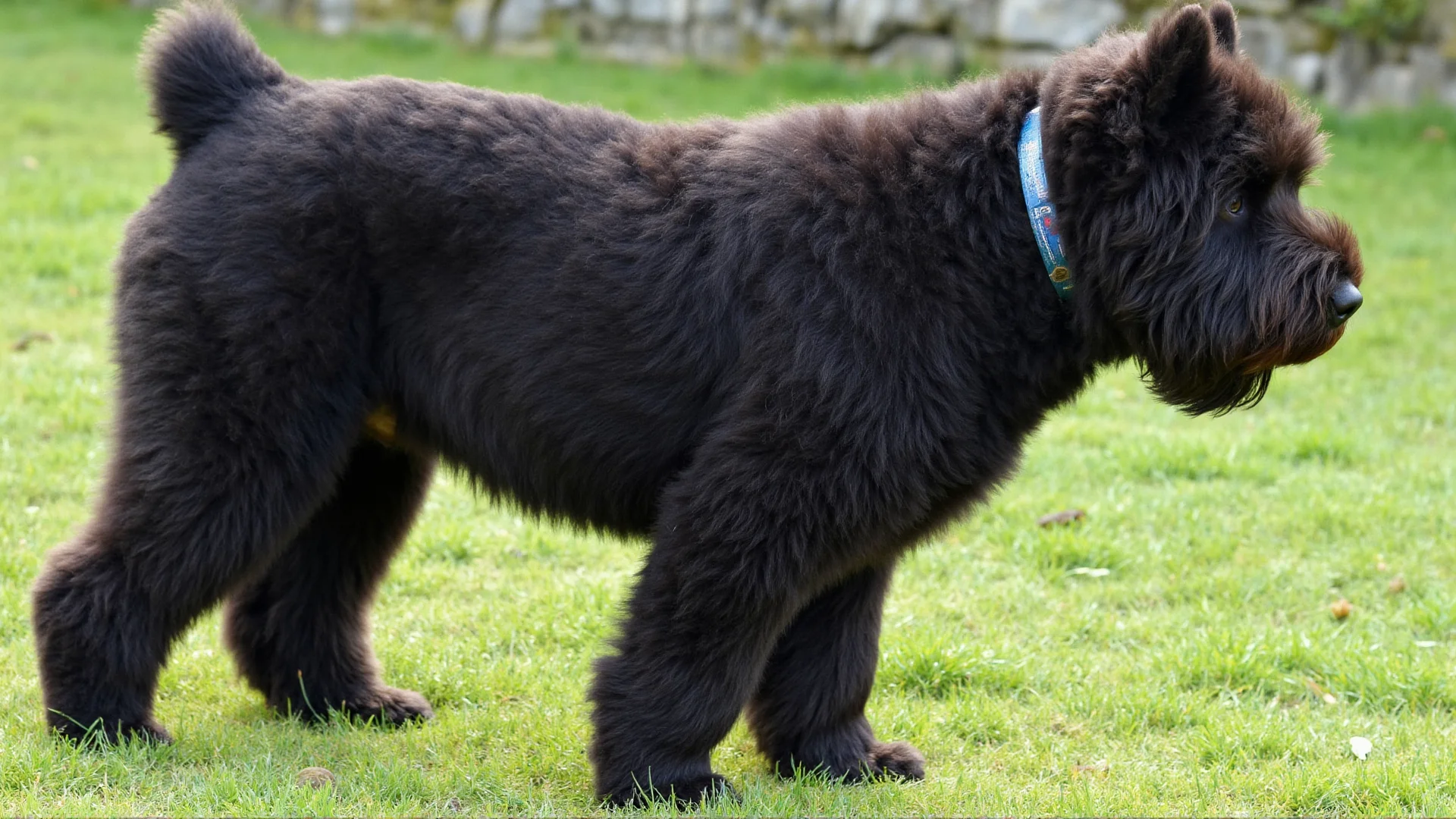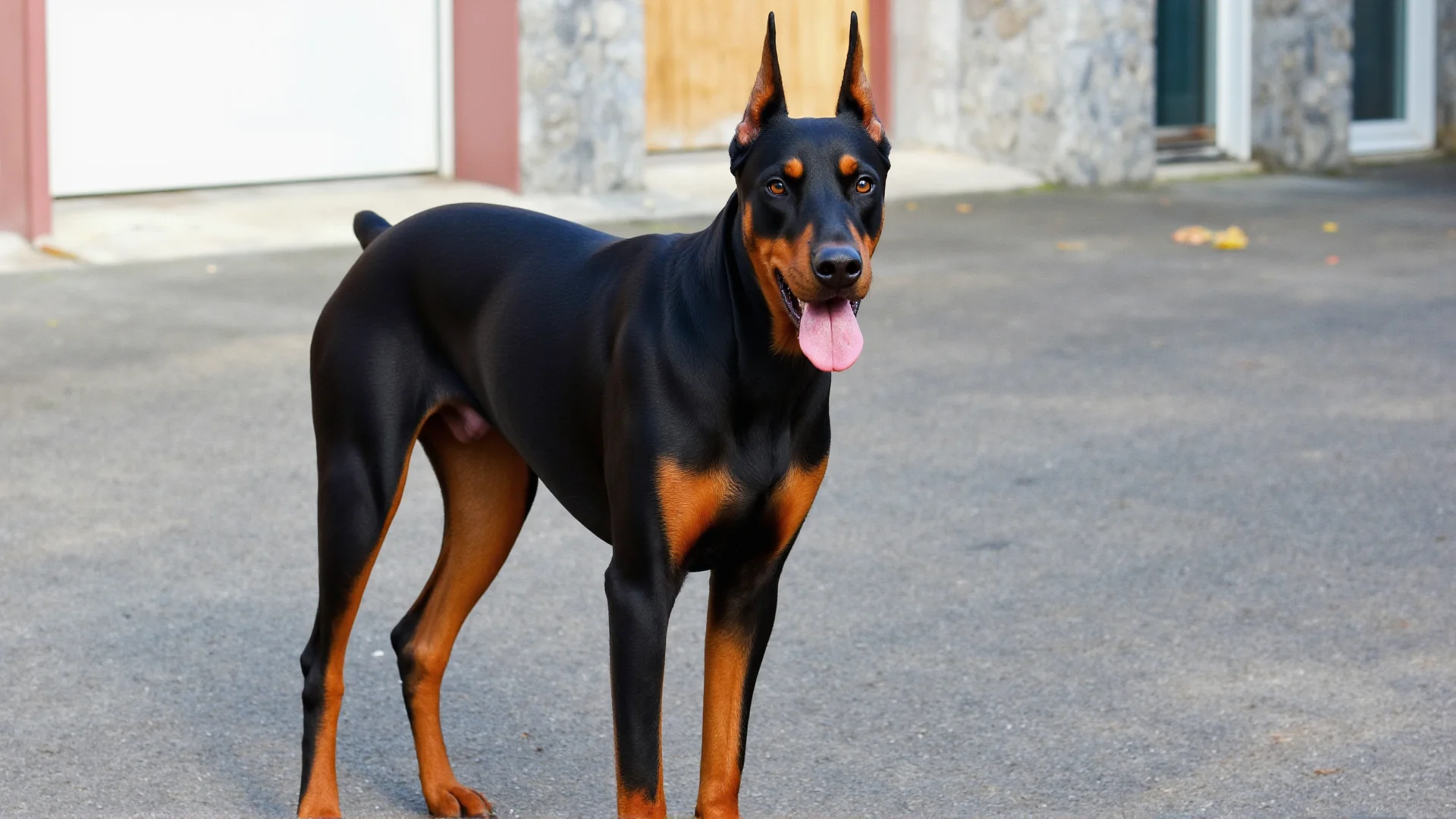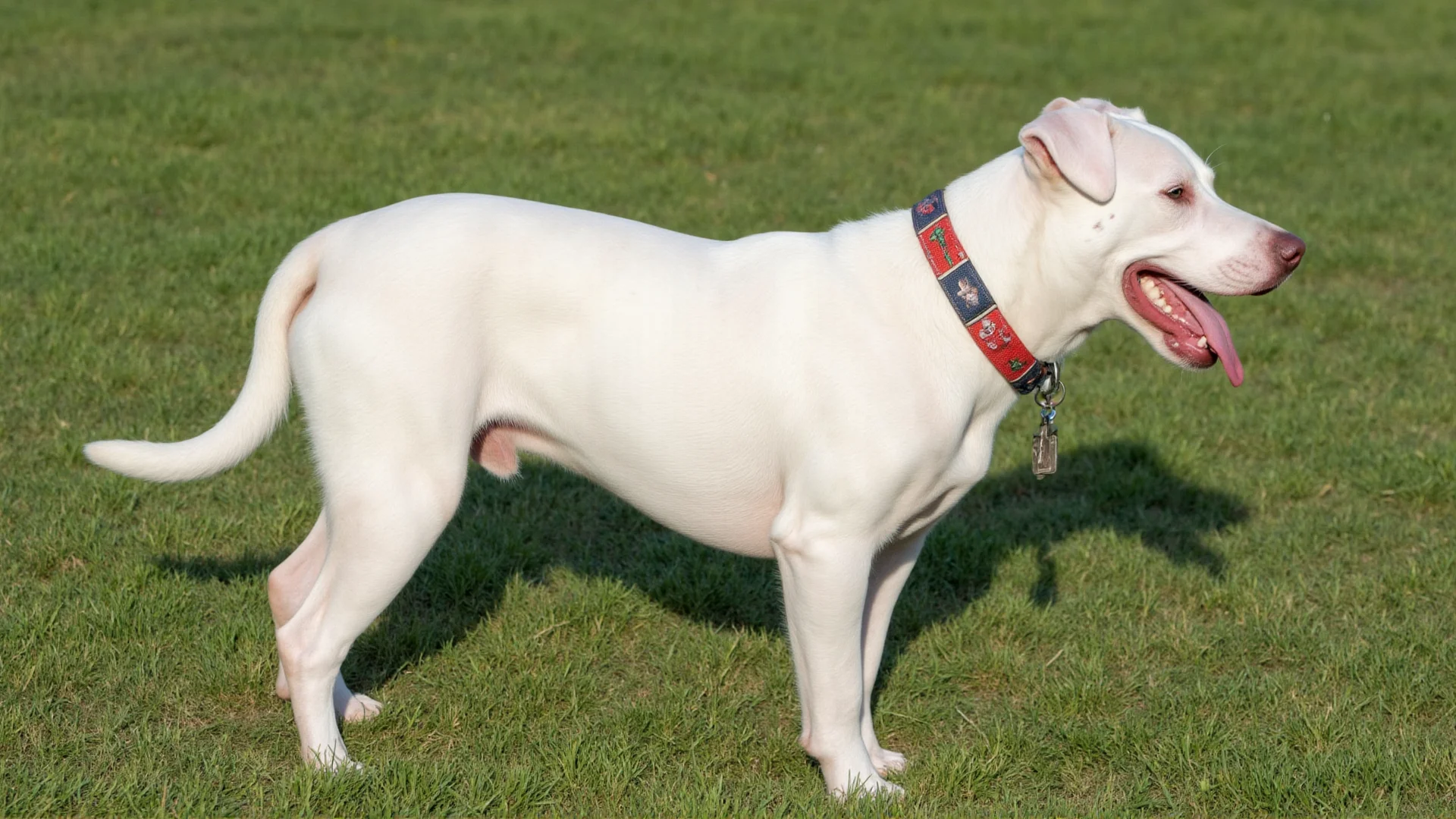Cane Corso Italiano: The Ultimate Guardian - Complete Training and Care Guide
The Cane Corso Italiano represents the pinnacle of canine protection, combining ancient Roman heritage with modern guardian excellence. This comprehensive guide explores how to unlock your Corso's natural protective instincts while maintaining the perfect balance of family companion and formidable guardian.
The Guardian's Heritage: Understanding the Cane Corso's Protective DNA
Dating back to ancient Rome, the Cane Corso Italiano was bred specifically for protection and warfare. These magnificent dogs served alongside Roman legions, guarding estates, and protecting families with unwavering loyalty. This 2,000-year legacy of guardianship runs deep in every Corso's DNA, making them naturally predisposed to protective behaviors.
Unlike many modern breeds that have been softened through generations of companion breeding, the Cane Corso has maintained its working drive and protective instincts. This makes them exceptional guardians but requires knowledgeable handling and training to channel these instincts appropriately.
Physical Attributes That Make Superior Guardians
- Imposing Size: Males typically weigh 100-110 pounds, females 85-99 pounds
- Powerful Build: Muscular frame designed for strength and endurance
- Alert Expression: Intelligent eyes that constantly assess their environment
- Natural Athleticism: Capable of explosive speed and agility when needed
Developing Natural Guardian Instincts: The Foundation Phase
Training a Cane Corso for protection begins with understanding their natural behavioral patterns. These dogs are naturally territorial and family-oriented, making them excellent candidates for protection work when properly guided.
Early Socialization with Purpose
While socialization is crucial for all dogs, guardian breeds like the Cane Corso require specialized socialization that maintains their protective edge while ensuring they can distinguish between genuine threats and normal situations.
Controlled Exposure Protocol:
- Week 8-12: Introduce friendly strangers in controlled environments
- Week 12-16: Expose to various situations while maintaining handler control
- Week 16-20: Begin differentiation training between welcomed guests and strangers
- Week 20+: Advanced situational awareness training
Building the Foundation Commands
Before any protection training begins, your Cane Corso must master these essential commands with 100% reliability:
Critical Guardian Commands:
- "Watch" - Alert and assess command
- "Leave it" - Disengage from target
- "Place" - Go to designated protection position
- "Quiet" - Stop barking on command
- "Release" - End protective behavior immediately
Advanced Protection Training Techniques
Once your Cane Corso has mastered basic obedience, you can begin developing their natural protection abilities. Remember, protection training should always be conducted by experienced professionals or under expert guidance.
Territorial Awareness Training
Cane Corsos naturally understand territory, but training helps them define boundaries and appropriate responses:
Perimeter Training:
Teach your Corso to patrol and monitor your property's boundaries. Start with leashed perimeter walks, gradually increasing their independence while maintaining control. Use the "watch" command to direct their attention to specific areas or potential concerns.
Threshold Training:
Train your Corso to control entry points to your home. They should learn to position themselves between family members and unknown visitors, maintaining a calm but alert demeanor until given further direction.
Threat Assessment Development
Teaching your Cane Corso to accurately assess situations is crucial for effective protection work:
- Body Language Reading: Train them to recognize aggressive postures and movements
- Vocal Tone Recognition: Help them distinguish between friendly conversation and threatening tones
- Environmental Awareness: Develop their ability to notice unusual sounds, smells, or activities
Controlled Aggression Training
Note: This training should only be conducted by certified protection dog trainers.
Professional protection training teaches your Cane Corso when and how to use physical force appropriately. This includes:
- Intimidation displays without contact
- Controlled restraint techniques
- Immediate release on command
- De-escalation behaviors
Family Integration: Balancing Protection with Companionship
The true art of Cane Corso ownership lies in maintaining their protective abilities while ensuring they remain loving family companions. This balance requires consistent training and clear boundaries.
Establishing Pack Hierarchy
Your Cane Corso must understand their place in the family structure. While they should be protective of all family members, they must recognize human leadership in all situations.
Daily Reinforcement Practices:
- Always eat before your dog
- Control access to furniture and sleeping areas
- Require permission before going through doorways
- Practice regular "place" and "wait" commands
Child-Specific Training
Cane Corsos can be excellent with children when properly trained. However, their size and strength require special consideration:
Safe Interaction Protocols:
- Gentle Behavior: Train calm behavior around small children
- Space Respect: Teach the dog to give children space when playing
- Protective Positioning: Train them to position between children and strangers
- Emergency Recall: Ensure instant response to recall commands around children
Physical Conditioning for Guardian Work
A guardian dog must be in peak physical condition to perform their duties effectively. Cane Corsos require specific conditioning to maintain their protective capabilities.
Strength and Endurance Training
Daily Exercise Requirements:
- Cardiovascular Work: 45-60 minutes of active exercise daily
- Strength Training: Weight pulling, resistance work, swimming
- Agility Practice: Obstacle courses to maintain athleticism
- Mental Stimulation: Puzzle toys and problem-solving exercises
Nutrition for Working Dogs
Guardian dogs have higher nutritional needs than typical companion animals:
Optimal Nutrition Guidelines:
- High-Quality Protein: 26-30% protein content minimum
- Healthy Fats: 12-18% fat for energy and coat health
- Joint Support: Glucosamine and chondroitin supplements
- Recovery Nutrition: Post-training protein and carbohydrate replenishment
Legal and Ethical Considerations
Owning a protection-trained Cane Corso comes with significant legal and ethical responsibilities that every owner must understand and accept.
Legal Responsibilities
- Liability Insurance: Ensure adequate coverage for potential incidents
- Local Regulations: Understand breed-specific legislation in your area
- Training Documentation: Keep records of all professional training
- Incident Reporting: Understand your obligations if protection behaviors are deployed
Ethical Training Practices
Protection training must always prioritize the dog's well-being and maintain humane training methods:
- Use positive reinforcement whenever possible
- Avoid creating unnecessarily aggressive or fearful dogs
- Ensure the dog can "turn off" protective behaviors
- Regular evaluation by qualified trainers
Common Training Challenges and Solutions
Even experienced dog owners face unique challenges when training Cane Corsos for protection work. Understanding these common issues helps prevent problems before they develop.
Over-Protectiveness
Problem: Dog becomes protective in inappropriate situations
Solution: Increase socialization, practice "release" commands, and work with a professional trainer to fine-tune threat assessment abilities.
Resource Guarding
Problem: Dog guards food, toys, or space from family members
Solution: Implement strict feeding protocols, practice regular handling exercises, and establish clear boundaries around resources.
Inconsistent Response
Problem: Dog doesn't respond reliably to protection commands
Solution: Return to basic obedience training, increase training frequency, and ensure all family members use consistent commands and expectations.
Advanced Guardian Scenarios
Once your Cane Corso has mastered basic protection skills, you can introduce more complex scenarios that test their judgment and training.
Scenario-Based Training
Home Invasion Simulation:
Practice controlled scenarios where your dog must differentiate between family members returning home and actual intruders. This training helps develop situational awareness and appropriate response levels.
Public Protection:
Train your Corso to provide protection while in public spaces, maintaining control and avoiding unnecessary confrontation while still being prepared to defend if truly necessary.
Vehicle Protection:
Teach your dog to guard your vehicle and belongings while remaining calm and controlled around passing strangers who pose no actual threat.
